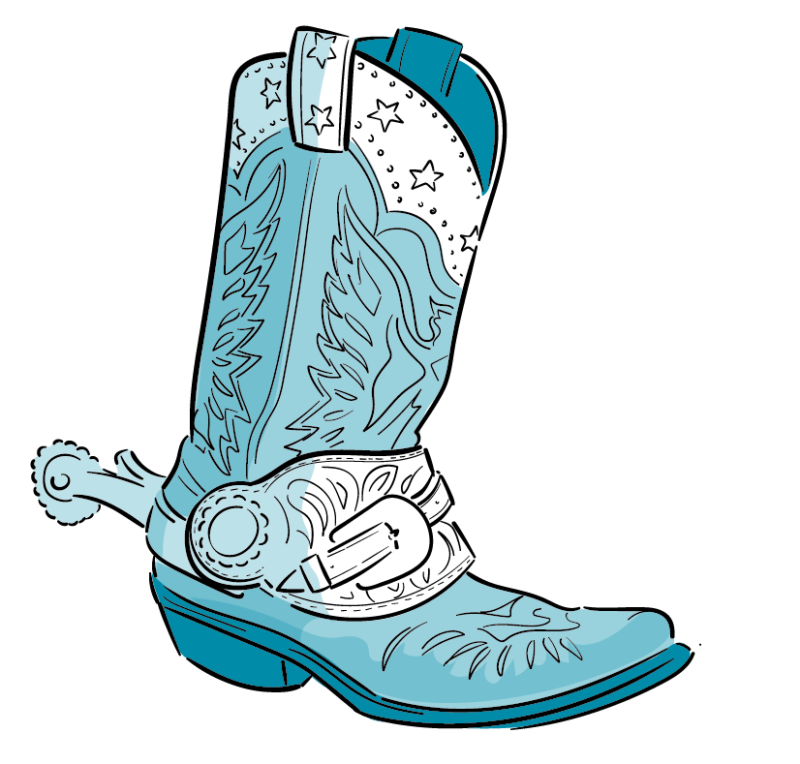The notion that the western United States has failed to foster exceptional fiction invested in the essence of the region is an observation particular (or so it would seem) to a certain type of elder statesman of the American West, in consideration of a particular type of establishment literary art. John Williams, himself the author of the exceptional Western novel Butcher’s Crossing (an early precursor to the “anti-Western,” and predictive, in its violence and subversive plotting, of Cormac McCarthy’s Blood Meridian), poses the observation as a question in his 1961 essay “The ‘Western’: Definition of the Myth,” which appeared in The Nation: “Why has the West not produced its equivalent of New England’s Melville or Hawthorne—or, in modern times, of the South’s Faulkner or Warren?”
Williams was wrong. Plenty of great Western novels have been written, both then and in the interim. But he was also onto something. There is a dearth of great contemporary novels that deal with the most crucial themes of the West: bloody expansion, toxic machismo, immigration, atomizing individualism, and the plunder of nature and people. The region’s literature has suffered from the pollution of the dime-store romance, stick-figure protagonists, and inflated adventure narratives that Hollywood codified into the Western genre. That genre doesn’t speak to the West as a place with a distinct history but instead to the cheap ideals and popular tropes that helped Anglos seize and settle the terrain. It trafficks in cowboys and cattle drives, sheriffs and shoot-outs, vicious “Indians” and their ritual banishment. Elsewhere, the genre recycles quests for gold, escapes from the law, and heroic conquests of land, savages, and beasts. These tropes are both the region’s and our nation’s myths—tales that authorize a settler-colonial culture of rapacious extraction and terrible violence.
Today, the West hasn’t abandoned its myths; it’s merely adapted them. Though the 1890 census declared the frontier officially closed, the notion of the frontier as an endlessly exploitable horizon has endured in our national consciousness. Cliven Bundy’s refusal to pay grazing fees, and his family’s fomentations of armed uprisings against federal authority, evince a contemporary version of the violent and opportunistic settler of yore. Meanwhile, our present government appears intent on institutionalizing the Bundy family’s disregard for both the public and the public’s land. Since 2016, the Trump administration has been in the process of reversing one hundred different environmental rules, eliminating...
You have reached your article limit
Sign up for a digital subscription and continue reading all new issues, plus our entire archives, for just $1.50/month.
Already a subscriber? Sign in






